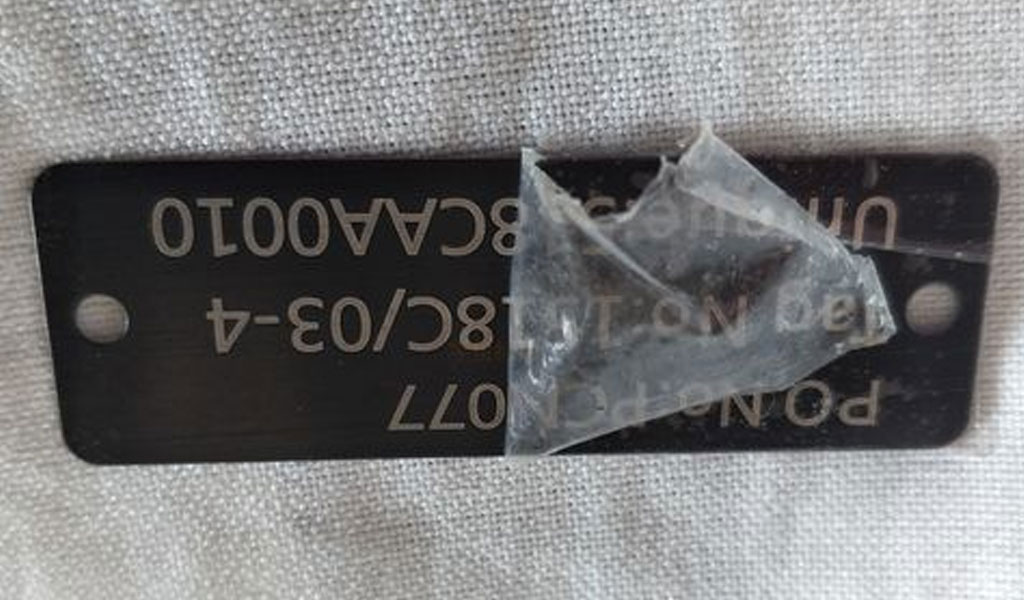The precision of metal processing is affected by many factors, including the type and concentration of the corrosive liquid, the corrosion temperature and time, the properties of the metal material, the processing technology and equipment, and environmental factors.
The precision of metal processing is mainly related to the following factors:
- Type and concentration of corrosive liquid: Different types and concentrations of corrosive liquid have different effects on the corrosion rate and degree of metal corrosion. Generally speaking, the higher the concentration of the corrosive liquid, the faster the metal corrosion rate, but it is not necessarily applicable to all metals. Therefore, in the process of metal processing, it is necessary to select the appropriate type and concentration of corrosive liquid according to the metal material and processing requirements.
- Corrosion temperature and time: Corrosion temperature and time are also key factors affecting the precision of metal processing. Within a certain range, increasing the corrosion temperature can accelerate the corrosion rate of the metal, but too high a temperature will cause oxidation and deformation of the metal surface, thereby affecting the processing precision. At the same time, the corrosion time is also an important factor affecting the degree of metal corrosion. Too long a corrosion time may cause excessive corrosion of the metal, thereby reducing the processing precision.
- The nature of the metal material: The nature of the metal material also has an important influence on the precision of corrosion processing. For example, factors such as the hardness, toughness, and purity of metal materials will affect their corrosion resistance. Generally speaking, metals with high hardness are more corrosion-resistant than metals with low hardness, while metals with high toughness are more susceptible to stress corrosion. At the same time, impurities and alloying elements in metal materials will also affect their corrosion resistance.
- Processing technology and equipment: The process and equipment of corrosive metal processing will also affect the processing accuracy. For example, the use of different processing technologies and equipment will result in different metal surface roughness, thus affecting the processing accuracy. At the same time, factors such as pressure and vibration during the processing process may also cause slight displacement and deformation of the metal, thereby affecting the processing accuracy.
- Environmental factors: Environmental factors are also one of the factors that affect the processing accuracy of corrosive metals. For example, environmental factors such as humidity, oxygen concentration, and carbon dioxide concentration will affect the corrosion rate of metals, thereby affecting the processing accuracy.
In order to improve the accuracy of corrosive metal processing, these factors need to be fully considered and corresponding measures need to be taken to control and manage them. For example, select the appropriate type and concentration of corrosive liquid, optimize the corrosion temperature and time, improve the purity and corrosion resistance of metal materials, adopt advanced processing technology and equipment, and reduce the impact of environmental factors on metal corrosion.
